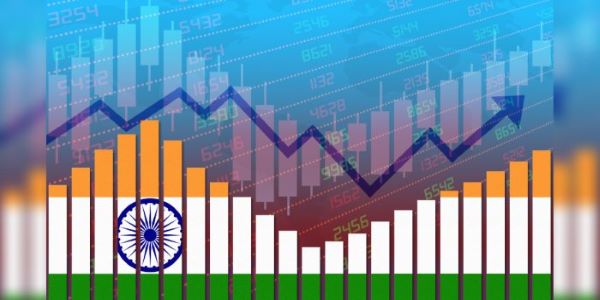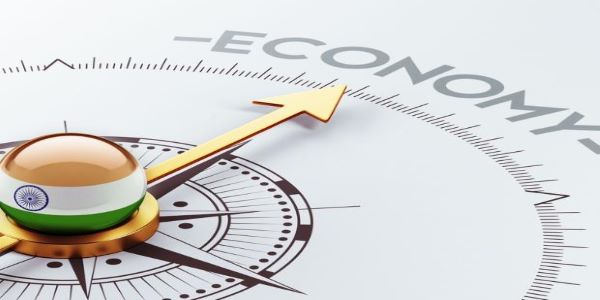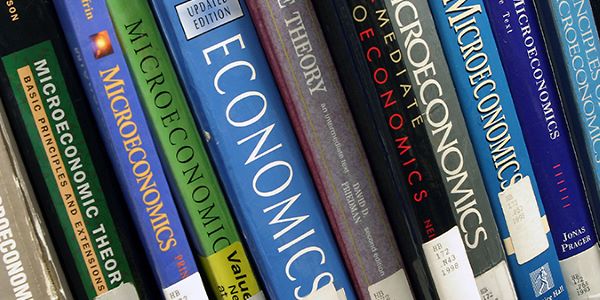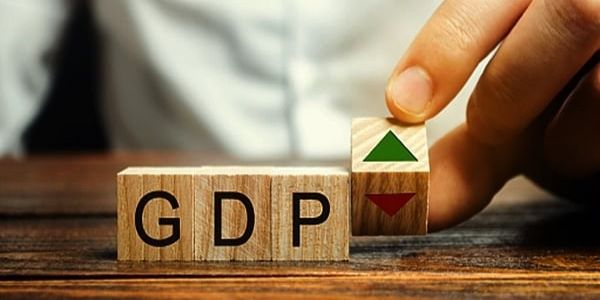There are 9 papers in UPSC Mains. Each paper needs a different strategy. One such imp paper is the GS III or the General Studies paper. There are around 6 topics within GS III. However, Economics is one of the most important subjects. Today, we will talk about economics as a subject. Moreover, we will also list down the other imp topics within GS III. Further, we will talk about Economics/Indian Economy Book List for UPSC. Then, we will talk about the Best Books for Economics UPSC/IAS. But, before heading to the books, we will look at the Economics pattern and syllabus. Hence, reading about the syllabus will help you to learn what you need to study. Accordingly, you can focus on the imp topics in economics and choose the right book.
Further, we will also try to talk about additional sources of economics prep. However, the major focus here is on the Indian Economy Book List for IAS/UPSC. We will list down a few best books on the Indian Economy. However, you can choose either one book for your prep or refer to multiple sources. By the end of this article, you will have a clear idea about economics and its books. Stay tuned!
GS III Subjects
- Economics
- Biodiversity
- Technology
- Environment
- Security
- Disaster management
All these form the GS III paper. The paper is for 250 marks. Usually, the questions are 10 and 15 marks. Since it’s mains, the answers need to be essay type. However, if you are studying for prelims, the questions are MCQ type. Whether it’s prelims or mains, the syllabus does not change. It’s just a change in the pattern. Before we look at the Economics Book for UPSC/IAS, let’s read about the subject syllabus in brief.
Economics Pattern and Syllabus
Firstly, let’s talk about the pattern. The first stage of the UPSC exam is prelims. It is an objective test. Hence, the questions are in the MCQ form. The questions asked are mixed. Hence, there is no definite number of questions that will be asked from a particular subject. Therefore, you need to prepare topics from every GS subject. When it comes to prelims, there is negative marking for wrong answers. Hence, one needs to be careful. Majorly, the Indian Economy questions are a blend of current affairs and static syllabus. The same applies to the mains questions.
Further, let’s talk about Economics Syllabus. This isn’t the detailed syllabus. It is just an overview. It will help you to learn which topics you need to study. Economics includes Resource planning and allocation. Moreover, it focuses on inclusive growth and the financial budget. Further, it also includes agriculture and various irrigation technology. Then, it also includes land reforms, food processing industries, LPG reforms. Lastly, it also includes Infrastructure and Investment models in its syllabus. Therefore, you need the right Economics Books for UPSC. You must choose an economics best book for UPSC/IAS that covers the syllabus comprehensively. If the Indian Economy books for UPSC do not cover the entire syllabus, you will have to refer to additional sources.
Best Economics Book List for IAS
- NCERT 11th and 12th
- The Indian Economy By Sanjiv Verma.
- Indian Economy By Ramesh Singh.
- Indian Economy By Sudharam and Datt.
- Monetary Theory and Public Policy By Kenneth K. Kurihara.
- Indian Economy By person.
These are some of the Best Economics Books for UPSC. Moreover, these are the most preferred resources for eco prep. However, you need not refer to every one of them. Hence, you can check their index to learn the contents of the book. Therefore, see whether the topics covered in the book cover your syllabus. Usually, one single book is enough for reference. This is because there will be only a few questions based on economics. Moreover, concept clarity is important. The majority of your concepts will be cleared in your NCERT books. They cover all the basic points. However, you need to thoroughly understand the concepts. Once you complete the NCERTs, you will have a basic idea about how to read economics.
After basics, you should leap to the other reference material.
Which is the Best Book for Economics UPSC?
NCERTs, Ramesh Singh and Sanjiv Verma are the popular books for economics. UPSC aspirants prefer the Indian Economy Book for UPSC by Ramesh Singh. Moreover, they also prefer the Economics book for IAS by Sanjiv Verma. Both the books cover all the economics concepts for UPSC. However, it is believed that the Sanjiv Verma edition is easier to understand. It uses simple language for an explanation. On the other hand, Ramesh Singh too is a good one. However, the book might contain jargon or difficult terms. Hence, it’s not actually the best one for a beginner. Therefore, if you do not have any economics background, go for the Sanjiv Verma edition.
You can also use a blend of both books. Some concepts might be easier in one book, while some might be difficult. In such a case, you can take help from both books. However, make sure you do not confuse yourself. Moreover, do not refer to many sources at a time. For example, do not try to read 4 books for a single subject. Limit yourself to the important stuff and focus on it. Remember it’s always better to revise the same material than to refer to different books.
Other sources of economics prep
Along with the Best Indian Economy Book List for UPSC/IAS, you need some additional sources of prep. Firstly, you need to understand that UPSC is majorly a blend of current and static concepts. You need to refer to the newspaper like The Hindu, The Indian Express to keep yourself updated about the current Indian Economic status. Click for more info on The Hindu Newspaper for UPSC: Read More. Further, you need to keep yourself updated about the Fiscal and Monetary policies. Then, you should also tap the union budget and understand the related concepts. Furthermore, you can also refer to Economic newspapers. Make sure you read Yojana and Kurukshetra Magazines for the agriculture topic in Economics.
FAQs
Yes, you can definitely use the self-study tactic for economics. You need to pick the right Economics Book for UPSC. However, make sure you know the syllabus rightly. Start your prep step-wise and cover the entire syllabus slowly. Do not jumble up too many concepts at a time. Learn one topic at a time for better results.
No matter which subject or topic you are studying for, you cannot simply rely on static concepts for UPSC. You learn the static concepts to understand current affairs. Therefore, current affairs in Economics are inevitable. Try to read the basic topics before you start reading economic news. You will be able to understand the news better when you know the background concepts.
1: Refer to the NCERT – make short points for big chapters.
2: Refer to the Economics Book for IAS/UPSC – cut short big concepts in your own words.
3: Point down any prevalent current economic condition or issue.
4: Compile all three.
Be regular with your current affairs tracking. Make sure you make notes for them as well. Prepare notes for easy and quick revision. You cannot refer to a 300 pages reference book a night before your exam. Keep this in mind and make short notes.
Editor’s Note | Economics Book for UPSC
Here we conclude our topic for today. We talked about the Best book for Economics UPSC/IAS. We also compared the two Indian Economy Books for UPSC by Sanjiv Verma and Ramesh Singh. Apart from this, we discussed the additional sources for a strong economics prep. Ideally, one must devote about a month to Economics. An aspirant must not forget that the syllabus is vast. Moreover, you have many subjects to cover in a short time. Therefore, you need to complete economics quickly to jump to the other subjects. This quick syllabus coverage is possible when you choose the right prep resources. You can choose any one book from the above-given list for a concise prep. Hence, you will not have to switch between multiple books when choosing one comprehensive material. Therefore, always try to have things in one place.
However, this does not mean that you will not explore other resources. Moreover, one needs to plan a strategy for every important subject. You should analyze the previous year’s question papers for prelims as well as mains. Check the number of questions asked from economics. Learn the language of the questions and their difficulty level. Further, check the style of the mains questions. Practice answer writing and get your answers evaluated or self-evaluate them. When you follow this pattern, revision becomes easy and your efforts fetch you good marks. Furthermore, compare at least two popular resources before choosing a reference book. However, do not mix up between the two. You shouldn’t collect too many sources. Stick to the important ones.











